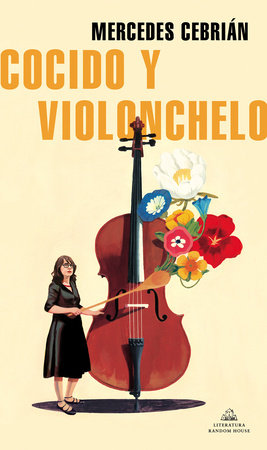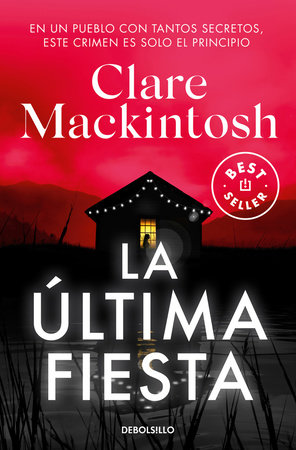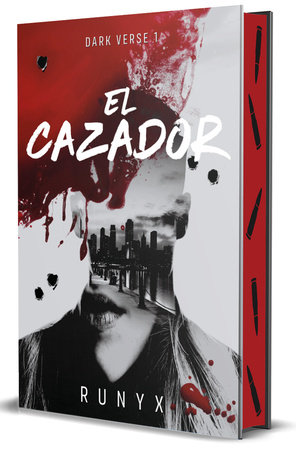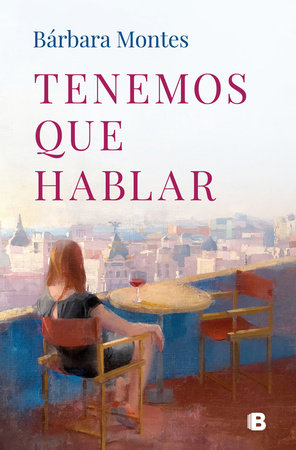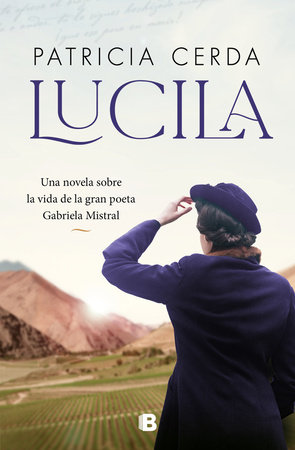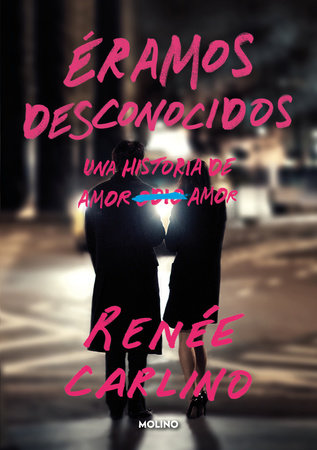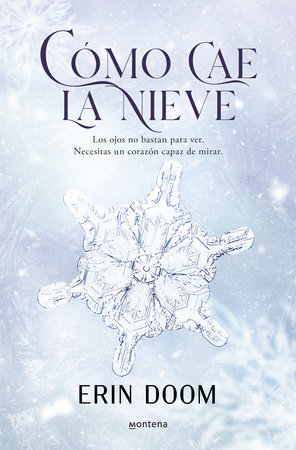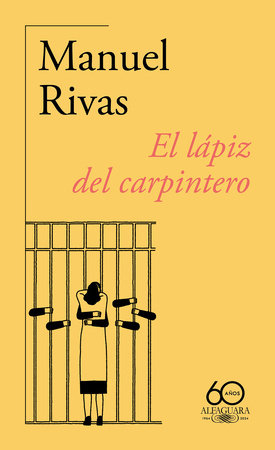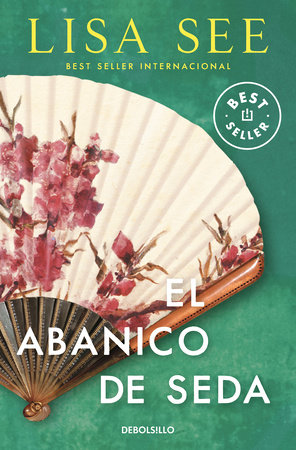Un elogio en voz alta de dos de los principales placeres que nos ayudan a sobrellevar nuestro tiempo en la tierra: la música y la comida.
Mercedes Cebrián decide aprender a tocar el violonchelo a una edad a la que, al parecer, ya es tarde para ser principiante. Emprende así una curiosa aventura acarreando en la espalda un instrumento poco popular en España que la lleva desde academias de música y orquestas de aficionados hasta talleres de luthiers que huelen a cocido recién hecho. La autora indaga en la naturaleza de la música, a la par que observa con lupa y cáustico sentido del humor un pequeño mundo donde desfilan talentos en ciernes o aficionados que luchan para sacarle buen sonido a sus instrumentos. Y por el camino nos invita a pasear por una Rusia mental idealizada, con sus instrumentistas y gimnastas virtuosas, por el extraño submundo de los niños prodigio expuestos en las redes por sus madres, o por mesones castizos que sirven platos de toda la vida; desde la España postfranquista hasta la pandémica, en la que, para muchos, dedicar horas a desempolvar una vieja afición ha sido vital para mantener la cordura.
Cocido y violonchelo es ese recinto amplio y cómodo donde la desmesura y la obsesión por las actividades que nos proporcionan placer son atributos de los que enorgullecerse. Este es, en definitiva, un testimonio perspicaz, erudito y ameno de las ganas irrefrenables de sacarle el jugo a la vida.
ENGLISH DESCRIPTION
This book praises aloud two of the core pleasures that help us cope with our time here on Earth: music and food.
Mercedes Cebrián decided to learn to play the cello at an age when, apparently, is too late to begin. She thus embarks on a curious adventure, carrying on her back an instrument not very popular in Spain that takes her from music academies to amateur orchestras, to luthier shops that smell of freshly-made stew. The author delves in the nature of music, while observing through a looking glass and a scathing sense of humor a small world where aspiring talents or enthusiasts parade, struggling to get a good sound out of their instruments. And along the way, she invites us to wander through a mentally idealized Russia, with its instrumentalists and gymnastic virtuosos, through the strange underworld of child prodigies, exposed on social media by their own mothers, or through traditional taverns that serve long-standing dishes. We go from a post-Franco Spain to the pandemic, a time when, for so many, dedicating hours to dust off an old hobby has been vital to keep their sanity.
Stew and Cello is that wide and comfortable enclosure where excess and obsession for any activity that gives us pleasure are attributes to be proud of. This is definitely a keen, knowledgeable, and enjoyable testimony of the uncontrollable need to get the most out of life.
“In just a few paragraphs, I can sense writers with a good ear and a good appetite. A few more pages in, I sense a good discernment and a proficiency in that instrument called the Spanish language, since of late foolishness and grammatical, lexical, and syntactical incompetence are hidden behind short sentences, as hiccups. This book by Mercedes Cebrián has all the qualities that seduce me in good writing: good ear, good appetite, intelligence, and a comfortable and natural mastery of the instrument. You read it as if listening to a scurrying sonata while savoring a perfect pasta.” – Héctor Abad Faciolince
“The gaze that Mercedes Cebrián casts upon the world in these stories reveal an unimaginable originality that derives from knowing what literature is and acting accordingly. […] Quite a find.” – Juan Ángel Jurist, ABC
